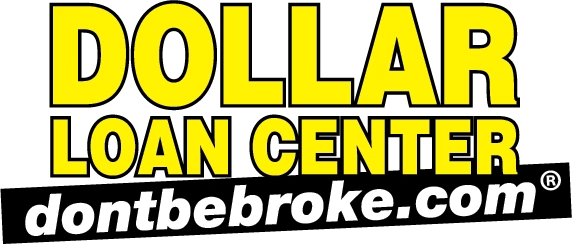Life doesn’t always wait for payday. Whether it’s an unexpected medical bill, a sudden car repair, or an urgent home expense, financial emergencies can happen to anyone — often when you least expect them. When that happens, emergency loans can offer the quick cash you need to stay afloat.
But before you sign any agreement, it’s important to understand your loan options, how they work, and what to watch out for.
What Are Emergency Loans?
Emergency loans are short-term financial solutions designed to provide fast cash during urgent situations. They can come in many forms, including:
- Personal loans (secured or unsecured)
- Payday loans
- Installment loans
- Cash advances
- Title loans
Each loan type has different eligibility requirements, interest rates, and repayment terms. The best option for you depends on how fast you need the money, your credit situation, and your ability to repay the loan on time.
Common Types of Emergency Loans
- Payday Loans
A payday loan is a short-term loan that typically requires repayment on your next payday. It’s fast and convenient — many lenders can deposit funds into your account within 24 hours.
However, be cautious: payday loans often come with high interest rates and fees, which can make them expensive if not repaid on time.
🔗 Read next: The Truth About Payday Loans for Bad Credit
- Installment Loans
If you need a bit more flexibility, installment loans allow you to borrow a larger amount and repay it in fixed monthly payments over time. Many lenders offer online installment loans with no credit check or bad credit options, especially in states like Louisiana and Utah.
🔗 Related article: How to Get Online Installment Loans with No Credit Check in Louisiana
- Personal Loans
Personal loans from banks, credit unions, or online lenders can be a great option if you have good credit. They offer lower interest rates and longer repayment periods compared to payday or title loans.
However, approval can take longer, and credit checks are often required.
- Title Loans
If you own a vehicle, a title loan allows you to borrow against the value of your car. While this can provide fast cash, it also comes with risk — if you fail to repay, the lender can repossess your vehicle.
🔗 Learn more: Title Loans Explained: How They Work and What to Watch Out For
- Cash Advances
If you have a credit card, a cash advance lets you withdraw a portion of your available credit as cash. This is convenient but can come with higher interest rates and no grace period, meaning interest starts accruing immediately.
How to Qualify for an Emergency Loan
Even if you have bad credit, you can still qualify for an emergency loan. Here’s how to improve your chances:
- Compare lenders – Look for ones that specialize in bad credit or no credit check loans.
- Check eligibility – Requirements vary, but most need proof of income, ID, and a valid bank account.
- Avoid scams – Never pay upfront fees or share personal data with unverified lenders.
- Read the fine print – Understand the total cost, repayment schedule, and potential penalties.
Pros and Cons of Emergency Loans
| Pros | Cons |
| Fast approval and funding | High interest rates |
| Available even with bad credit | Short repayment terms |
| Flexible options | Risk of debt cycle |
| Can cover urgent expenses | May require collateral |
Alternatives to Emergency Loans
If you’re unsure about borrowing, consider these alternatives first:
- Ask for a payment extension from your utility or service provider
- Borrow from family or friends
- Use a credit union loan (lower rates and more flexible terms)
- Sell unused items for quick cash
- Negotiate bills or medical expenses
How to Choose the Best Emergency Loan
When selecting a lender, always check:
✅ Interest rates (APR)
✅ Total repayment cost
✅ Funding time
✅ Customer reviews
✅ Legitimacy and licensing in your state
It’s better to spend a few minutes comparing options than to rush into a loan that traps you in debt.
Final Thoughts
When an emergency hits, fast cash loans can be a lifesaver — but they can also become a financial trap if not used wisely. Always borrow only what you can afford to repay, and take time to read the terms before signing anything.
If you’re in a pinch and need money now, online installment loans and emergency personal loans can help bridge the gap — just make sure you’re borrowing smart.
💡 Explore more:


